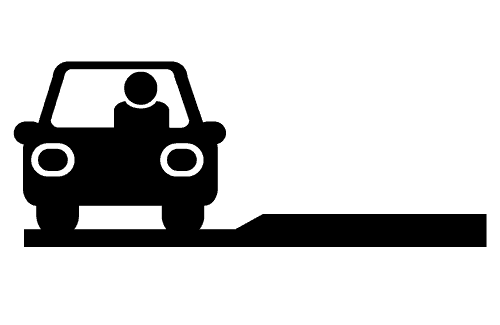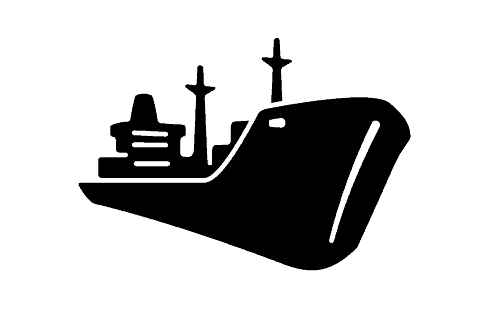EN 1433 standard
EN 1433 description
EN 1433 is a standard that defines the classification and performance requirements for linear drainage systems, commonly used in infrastructure projects such as roads, parking lots, and pedestrian areas. It ensures that these systems can effectively manage the flow of surface water and prevent flooding.
Load or weight classes are categories within this standard that indicate the maximum load capacity a particular drainage system can withstand. These classes range from A15, B125, C250, D400, E600 to F900, with A being the lowest and F being the highest load capacity. The classification takes into account the anticipated weight of vehicles or pedestrians that will pass over the drainage system.
For example, class A15 is suitable for areas with only pedestrian traffic, like sidewalks or plazas. On the other hand, class F900 is designed for heavy-duty applications such as airports or industrial areas, where there are frequent movements of large vehicles and heavy machinery.
By adhering to the load classes specified in EN 1433, engineers and designers can ensure that the chosen drainage system is appropriately robust and capable of withstanding the expected loads, ensuring safe and efficient drainage in various settings.
EN 1433 classification

Class A15
Areas inaccessible to motor vehicles

Class B125
Footways, pedestrian areas etc.

Class C250
Gully tops in kerbside channels of roads

Class D400
Carriageways of roads (Heavy Duty)

Class E600
Areas imposing high wheel loads

Class F900
Areas imposing particularly high wheel loads